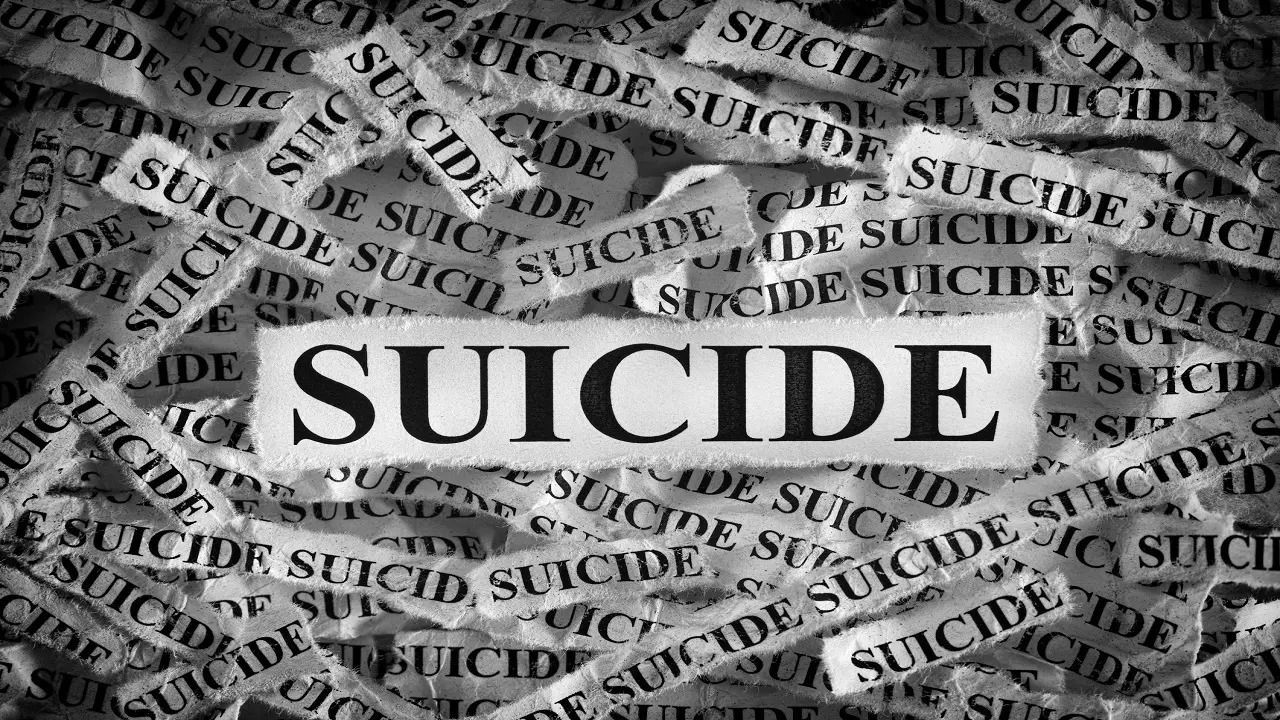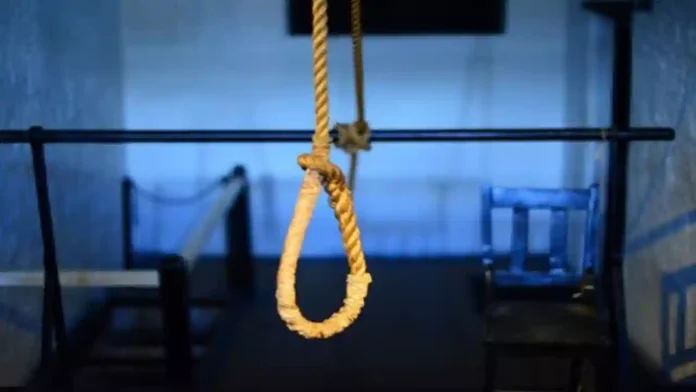Unsettling Questions Surround Student’s Tragic Death.
The mysterious death of a 17-year-old student at Rajiv Gandhi University of Knowledge Technologies (RGUKT) in Basar, Telangana, has led to allegations of foul play from her family, raising questions about the institution’s role in her death. Found hanging in her hostel room on Monday, the student’s death has drawn intense scrutiny, particularly over the handling of evidence and the involvement of hostel staff.
Discovery and Initial Investigation.
The student, a Pre-University Course-II attendee, was discovered in her hostel room by her roommates, who immediately alerted the authorities. The police found what they believe to be a suicide note, reportedly written by the student and addressed to her parents and brother. Preliminary findings point to possible “family issues” as a motive, but the circumstances surrounding her death have not been fully clarified. The student was from the Nizamabad district, and her sudden demise has left her family and community seeking answers.
Family Alleges Institutional Misconduct.
Distraught family members voiced serious concerns over the authenticity of the alleged suicide note and raised questions about the actions of the hostel staff. They questioned why the girl’s body was sent to the hospital for postmortem without allowing them to see her first, a decision that, they argue, obscures the truth of the incident. Additionally, the family claims the supposed suicide note was withheld from them by the authorities, adding further distrust.
Speaking to reporters, a family spokesperson emphasized that the situation was “deeply troubling” and accused the hostel management of mishandling the situation. They contend that the institution’s staff might be responsible for creating a hostile environment for the girl, potentially leading to her death. “There’s something very wrong here,” a family member stated. “She was a bright student, and we cannot accept that this was simply a suicide.”
Institutional Response and Ongoing Police Investigation.
As of now, the RGUKT administration has yet to release an official statement regarding the tragedy. However, sources within the institution indicate that the administration is fully cooperating with the authorities. Police officials have stated that they are meticulously examining all aspects of the case, including the student’s last known interactions and her academic and social life on campus.
The handling of the girl’s remains has also attracted controversy. Family members argue that the swift removal of her body to a nearby hospital for postmortem reflects a lack of sensitivity and transparency. According to the family, they were not given adequate time to grieve or comprehend the tragedy before the institution proceeded with official procedures.

Questions Over the Suicide Note.
Adding a layer of complexity, the purported suicide note has raised significant concerns. The police maintain that the note was addressed to her immediate family, though the family remains skeptical about its origins and content, hinting at the possibility of its fabrication. The tone of the note, as reported by sources familiar with the investigation, reflects a resigned acceptance of familial struggles, yet her family asserts that there is no indication she harbored such thoughts prior to her death.
Critics within the community have pointed out the disturbing frequency of suicide cases among students in Telangana’s residential institutions, calling for comprehensive mental health support programs and thorough investigations in cases of untimely student deaths. The family’s suspicion has gained traction on social media, with hashtags demanding #JusticeForRGUKTStudent and calls for higher accountability within educational institutions.
A History of Institutional Concerns.
This incident is not the first to cast a shadow over student well-being in Telangana’s hostels and residential schools. In recent years, student suicides have prompted multiple reviews of institutional practices, though families of victims continue to express frustration over a perceived lack of substantial reforms. In response to public pressure, authorities have promised to examine existing mental health and counseling services on campus.
Ongoing Legal Proceedings.
The authorities have assured that they will conduct an impartial investigation, with special attention to the family’s claims. Police officials have pledged to review all evidence, including the authenticity of the suicide note, any available security footage, and witness statements from fellow students and staff. Additionally, experts familiar with forensic psychology will reportedly examine the note to assess whether it matches the student’s known handwriting and psychological profile.
Complexity of the Case Deepens.
As the investigation proceeds, this tragic incident at RGUKT underscores broader questions regarding student safety and mental health within residential institutions. Legal and child rights advocates are now calling for third-party oversight to ensure transparency in the probe. The family continues to demand justice, insisting on a comprehensive inquiry that considers the possibility of external involvement and institutional neglect. The police have appealed for patience as they conduct their investigation but assured the public that justice will be served.
A Call for Accountability.
For now, the family awaits answers, determined to uncover the truth behind the untimely death of their daughter. With growing public support and heightened media attention, the tragedy at RGUKT Basar has prompted renewed calls for reforms in student welfare and mental health support across the country’s educational institutions. The case not only highlights the family’s quest for closure but has also reignited a nationwide conversation about institutional responsibility and student safety in India’s competitive academic landscape.

